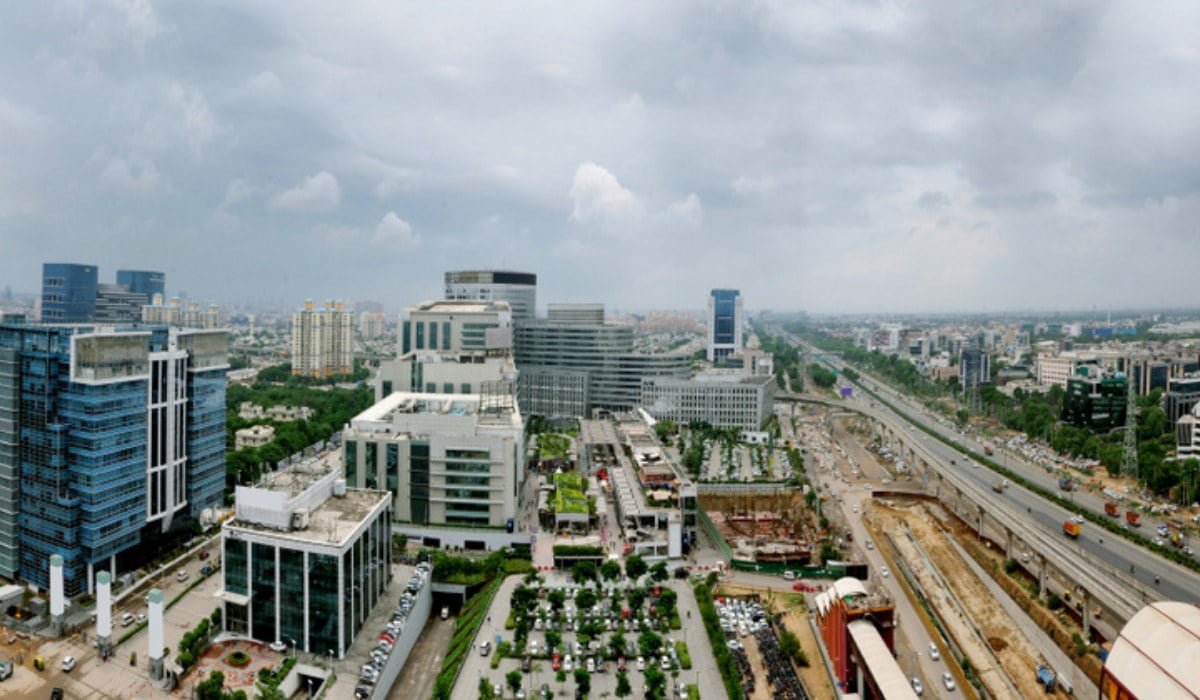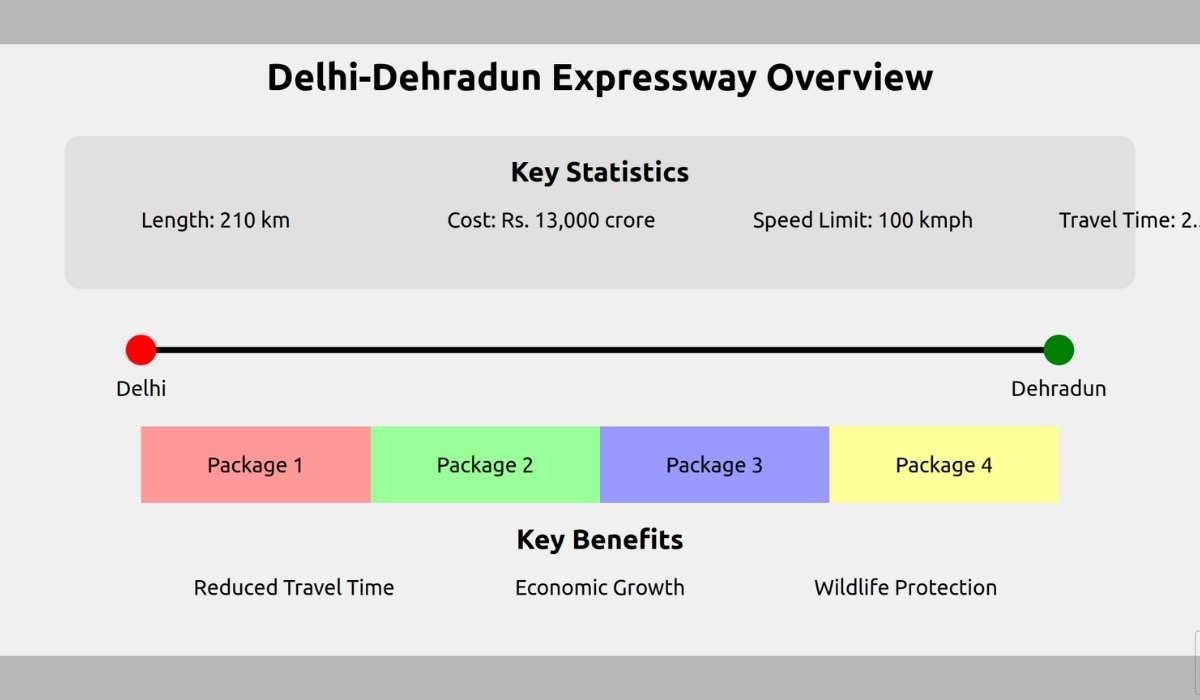The real estate market in Gurgaon has witnessed significant ups and downs over the past decade. While the city has seen the rise and fall of numerous developers, the current state of affairs highlights the need for buyers to exercise caution and make informed decisions. This comprehensive guide delves into the various challenges faced by the Gurgaon real estate market, including construction delays, defaults, and the role of authorities in addressing these issues.
Construction Delays: A Persistent Problem
One of the most significant issues plaguing the Gurgaon real estate market is the prevalence of construction delays. Even well-known developers have fallen victim to this problem, with projects like Ansel and United experiencing significant setbacks.
“If I share the experience of the last 10 years with you, then many big names have come here and they have been collapsed and drowned, I have seen.” — Raman Sharma, Real Estate Consultant
The Real Estate Regulatory Authority (RERA) has taken notice of these delays and has begun to take action. For the first time in six years, RERA has sent survey teams to assess projects that have exceeded their deadlines. Developers are typically given a specific timeline, usually three to four years, along with a six-month grace period, to complete their projects. Failure to adhere to these timelines can result in penalties and warnings from the authorities.
Projects Facing Construction Delays
Several projects are currently facing construction delays, including:
- Jarrah Awas in Sectors 103, 104, and 109
- Ansal Highland Park
- AMB Commercial Project in Sector 92
- Ashiara Builder’s Group Housing in Sectors 89 and 90
- Signature Builder’s Project in Sector 95
“So now the government has started working on every level to improve the real estate.”
Construction Defaults: Addressing Post-Delivery Issues
In addition to construction delays, the Gurgaon real estate market has also been grappling with construction defaults. These issues often arise after buyers have taken possession of their properties, only to discover defects and damages in the construction quality. The government has recognized the severity of this problem and has initiated construction surveys on several projects, including:
- CSD Avenue
- Paras Deuce
- Raheja Atharvas
- Satya
- Takshila
- Anshal Astela
- Vatika G21
- India Bulls Centrum Park
- Vipul Lavanya
- BPTP Park Serene
- M3M Woodshire
- Mahindra Aura
“The biggest reason for the construction survey was the collapse of the Chintas project, when the Chintels project fell, then the authorities opened their eyes, opened their eyes, they paid attention to all the other complaints and made a construction survey.”
Tips to Avoid Construction Defaults
Buyers are advised to:
Unlock Your Dream Home Today!
Get personalized real estate insights delivered straight to your inbox.
- Opt for homes built with new construction technology rather than older methods.
- Invest in projects by developers with a proven track record of quality construction.
Swamih Fund: A Lifeline for Stalled Projects
In 2019, the Swamih Fund was established as a joint venture between SBI and VITAMANTARA to provide funding for near-completion projects that had stalled due to various reasons. The fund aims to revive these projects, enabling the delivery of units to buyers. Once the project is completed and units are sold, the fund recovers its investment along with interest.
Success Story: SS Leaf Project
One notable success story is the SS Leaf project, which received funding of approximately 80 crore rupees from the Swamih Fund. This infusion of capital led to the delivery of 600 units, and subsequently, SS returned 100 crore rupees to the fund.
| Project | Funding Received (₹ Cr) | Units Delivered | Amount Returned (₹ Cr) |
|---|---|---|---|
| SS Leaf | 80 | 600 | 100 |
Abandoned Projects and Developer Accountability
Despite the measures taken by authorities, several developers have abandoned their projects and exited the real estate market. Prominent examples include:
- Mahira (5 projects)
- OSB (2 projects)
- Unitech (multiple projects)
- Ansal (multiple projects)
- Rampal Stha (multiple projects)
These developers often possess significant land holdings and assets, despite declaring themselves bankrupt. The government should take action to seize these assets and compensate the affected buyers, not only refunding their initial investments but also providing interest on the amount.
“Another builder is IDO, there is a huge land patch on the extension road. So my suggestion is that the government should also pay attention to this that these builders who are declaring themselves as bankrupt, their land patches and their land worth should be removed and the old customers who are stuck in their projects, they should be compensated and their money should be refunded I will not accept the same amount, I also need interest on that amount, so with interest you should get your money, this is my suggestion of the project, this is my suggestion.”
Buyer Beware: Spotting Red Flags
As the Gurgaon real estate market prepares for new launches in the coming month, buyers must exercise caution and be aware of potential red flags. One key takeaway is to be wary of developers who divert funds from one project to invest in others or those who showcase rapid growth while burdened with debt.
“There are still many builders in Gurgaon who are showing themselves to be very big, but their financial condition has become worse than bad, so please be careful from those builders.”
Tips for Buyers
- Research Developer Track Record: Check the developer’s history of project completions and quality.
- Visit Existing Projects: Inspect completed projects to assess construction quality and maintenance.
- Review Financial Health: Look into the developer’s financial stability and debt levels.
Conclusion
The Gurgaon real estate market presents both opportunities and challenges for buyers. By staying informed about the current state of affairs, understanding the potential pitfalls, and making prudent investment decisions, buyers can navigate this complex landscape more effectively. As new launches hit the market, it is crucial for buyers to assess the track record and financial health of developers before committing their hard-earned money. Through collective vigilance and the continued efforts of authorities, the Gurgaon real estate market can work towards a more transparent, accountable, and buyer-friendly future.
Key Takeaways
- Exercise Caution: Thoroughly research developers and projects before investing.
- Stay Informed: Keep up-to-date with market trends and regulatory changes.
- Demand Accountability: Support efforts to hold developers accountable for delays and defaults.
By addressing the challenges of construction delays, defaults, and ensuring developer accountability, Gurgaon’s real estate market can become more transparent and reliable for buyers. With informed decisions and collective vigilance, buyers can safeguard their investments and contribute to a healthier real estate environment.
The main challenges include construction delays, defaults, and the need for increased accountability from developers.
RERA has sent survey teams to assess projects that have exceeded their deadlines and can impose penalties on developers for non-compliance.
Projects facing delays include Jarrah Awas, Ansal Highland Park, AMB Commercial Project, Ashiara Builder's Group Housing, and Signature Builder's Project.
Construction defaults occur when buyers discover defects and damages in properties after taking possession. This issue has led to government surveys on several projects.
Buyers should opt for homes built with new construction technology and invest in projects by developers with a proven track record of quality construction.
The Swamih Fund provides funding for near-completion projects that have stalled, helping to deliver units to buyers and recover investments once projects are completed.
Examples of abandoned projects include those by Mahira, OSB, Unitech, Ansal, and Rampal Stha.
Buyers should be cautious of developers who divert funds between projects or display rapid growth despite poor financial health.
Buyers should research the developer's track record, visit existing projects, and review the financial health of the developer before investing.
With continued vigilance and regulatory efforts, the market aims to become more transparent and buyer-friendly, though challenges still remain.
DISCLAIMER
The information provided on this website is for general informational purposes only. While we strive to keep the content up-to-date and accurate, we make no representations or warranties of any kind, express or implied, about the completeness, accuracy, reliability, suitability, or availability of the information, products, services, or related graphics contained on this website.
In no event will we be liable for any loss or damage including without limitation, indirect or consequential loss or damage, or any loss or damage whatsoever arising from loss of data or profits arising out of, or in connection with, the use of this website.
Real Estate Investment Risks
Real estate investments involve significant risks and market volatility. Property values, rental rates, and market conditions can fluctuate. Past performance is not indicative of future results.
Before Making Real Estate Decisions
Before making any real estate decision, we strongly advise you to:
- Conduct thorough due diligence
- Consult with qualified legal, financial, and real estate professionals
- Carefully review all relevant documents and contracts
- Consider your personal financial situation and investment goals
This website does not provide legal, financial, or investment advice. All content is for informational purposes only and should not be construed as professional advice or recommendations.
By using this website, you acknowledge and agree to these terms. We reserve the right to modify this disclaimer at any time without notice.







